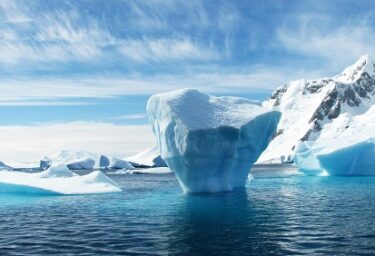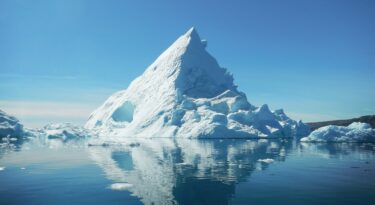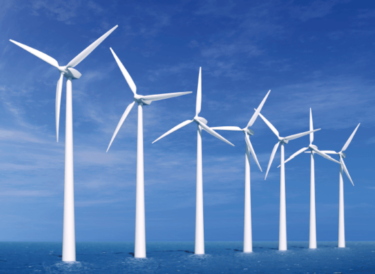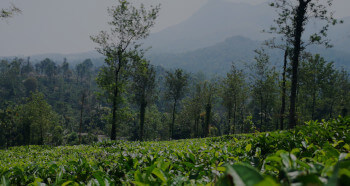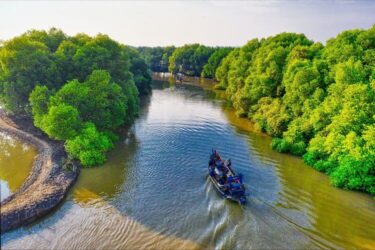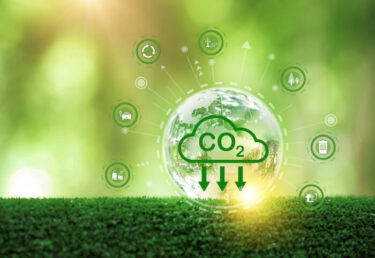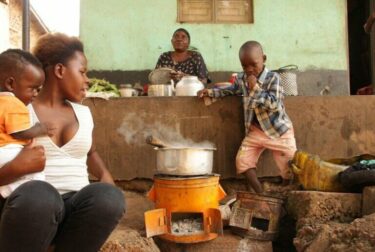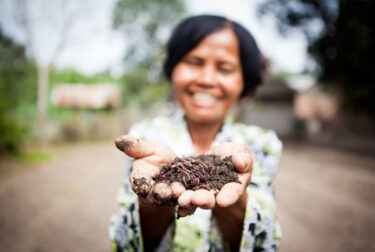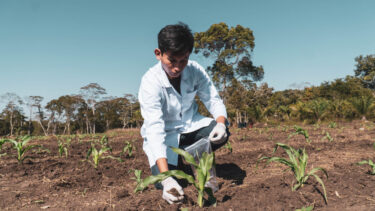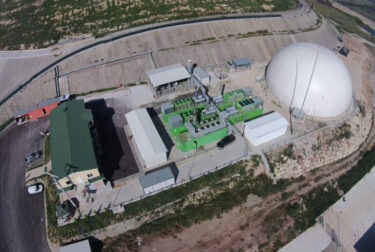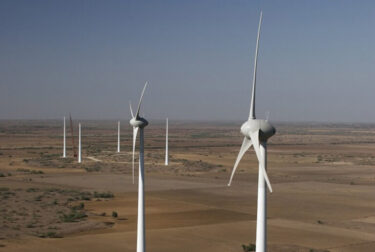Take Full Responsibility For Your Organisation’s Remaining Footprint
Our approach to investing in the carbon market focuses on enabling clients to take responsibility now for their residual emissions, also known as offsetting. This works in parallel with a long-term and credible reduction pathway.
We follow the science in everything we do. We only support and develop carbon credits and projects which create viable impact and credibly reduce and remove global emissions.
20+
years of experience in the carbon market
5
continents with impactful climate projects
4000+
organisations supported
20+
million tonnes of CO2e reduction and avoidance
Insights

Working with Industry Leaders








Explore Our Carbon Projects
Our Experts
Anthesis develops and supports technology and nature-based offsetting projects within the Voluntary Carbon Market. Our carbon offset programmes are suitable for organisations wanting to take responsibility for their residual emissions.

